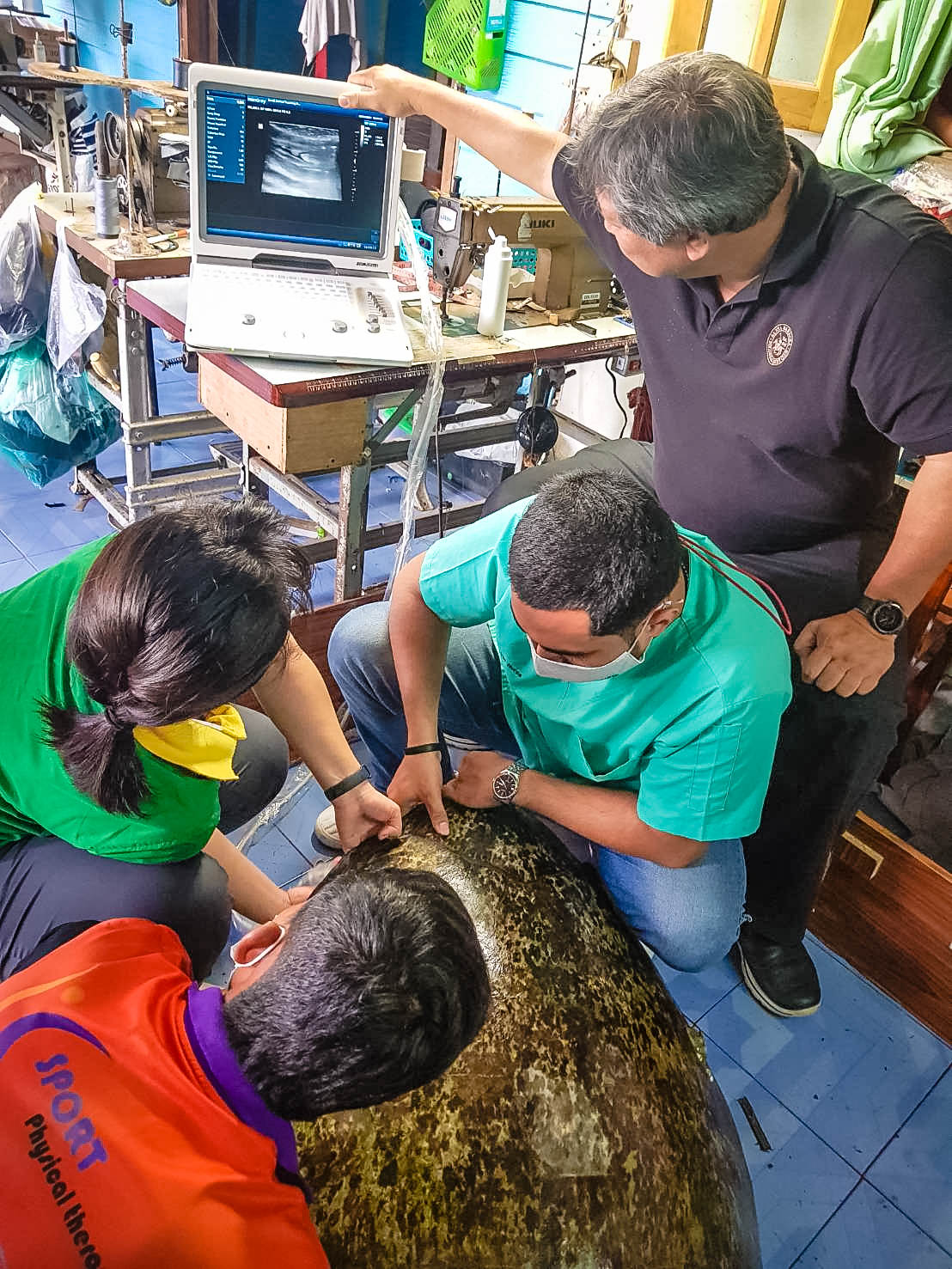- 075-673902 , 075-673904
- https://avcvethospital.wu.ac.th
- Monday-Friday: 08.30 - 16.30 Every Thursday at PM. is excepted

“Welcome”
Special clinics

Cardiology clinic
Cats and dogs both suffer from heart disease. It is a condition caused by anomalies in the heart’s structure and function or a congenital heart defect. A sign of congestive heart failure that results in an aberrant circulatory system. As a result, essential tissues and organs receive less nourishment, which may be visible at birth or develop later.
Dermatology clinic
“Skin disease” is a frequent problem that pet owners encounter, regardless of whether the pet is a dog or a cat. Itching, scratching, redness, inflamed skin, hair loss, pustules, scabs, and peeling skin are all indications of dermatitis in pets. Occasionally, it has an unpleasant odor. Certain skin condition are zoonosis. While this is not a life-threatening condition, it does cause concern for animal lovers.
Cat disease clinic
Cat flu, feline panleukopenia, feline leukemia, feline infectious peritonitis and feline lower urinary tract disease (FLUTD)
Exotic clinic
Many individuals have probably heard the term exotic pets. However, some people may be unaware of what this signifies. We use the term “exotic pets” to refer to any type of pet which are not dogs or cats such as marmosets, sugar gliders, ferrets, chinchillas, fennec foxes, raccoons, and skunks (excludes livestock). Some researchers may presume that the term “exotic pets” will be used exclusively to refer to exotic animals imported from other countries. However, in certain books, indigenous legal wildlife is also classified as an exotic pet.
Aquaculture clinic
Due to the fact that aquariums are as popular as other pets, they frequently become ill. The different abnormalities which are frequently problematic and have a significant impact on cultivation. There are two types of diseases that induce symptoms in aquatic animals: infectious disease and non-infectious disease. The infection is organisms that can harm aquatic animals’ health, such as viruses, bacteria, fungus, and parasites, which can cause lesions or altered situations that are visible to the animal’s owner. Additionally to the illnesses mentioned above, due to physiological differences, aquatic creatures are cold-blooded (Poikilotherm). We frequently raise aquatic animal in a variety of containers according to our preferences, periodically changing the water, whether there is a water treatment system in place or not, what waste management system is in place. Water utilized for rearing will be obtained solely through water change. This is merely a “closed system.” Improper water quality management in this confined system frequently results in unanticipated health consequences. Non-infectious diseases account for a sizable portion of aquatic animal diseases for example: excessive ammonia in water, chlorine in tap water, too hot or excessively low temperatures, and many others, all of which contribute to a rise in the prevalence of illness. The process of determining the cause and treating disease is frequently continual. Aquatic creatures have a variety of distinct features that set them apart from warm-blooded animals. The environment frequently has an effect on many biological systems, the critical factors are aquatic immunity, pathogenic virulence, and environment.
I am text block. Click edit button to change this text. Lorem ipsum dolor sit amet, consectetur adipiscing elit. Ut elit tellus, luctus nec ullamcorper matti pibus leo.
Contact us
- Animal hospital, Akkhraratchakumari Veterinary College, Walailak University. 222 Thaiburi, Thasala District Nakhonsithammarat 80160 Thailand. Tel : 075-476002 , 075476011